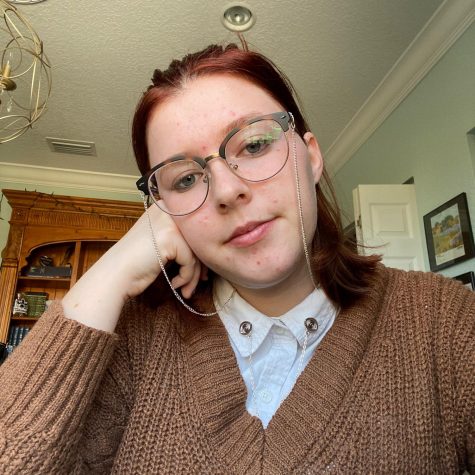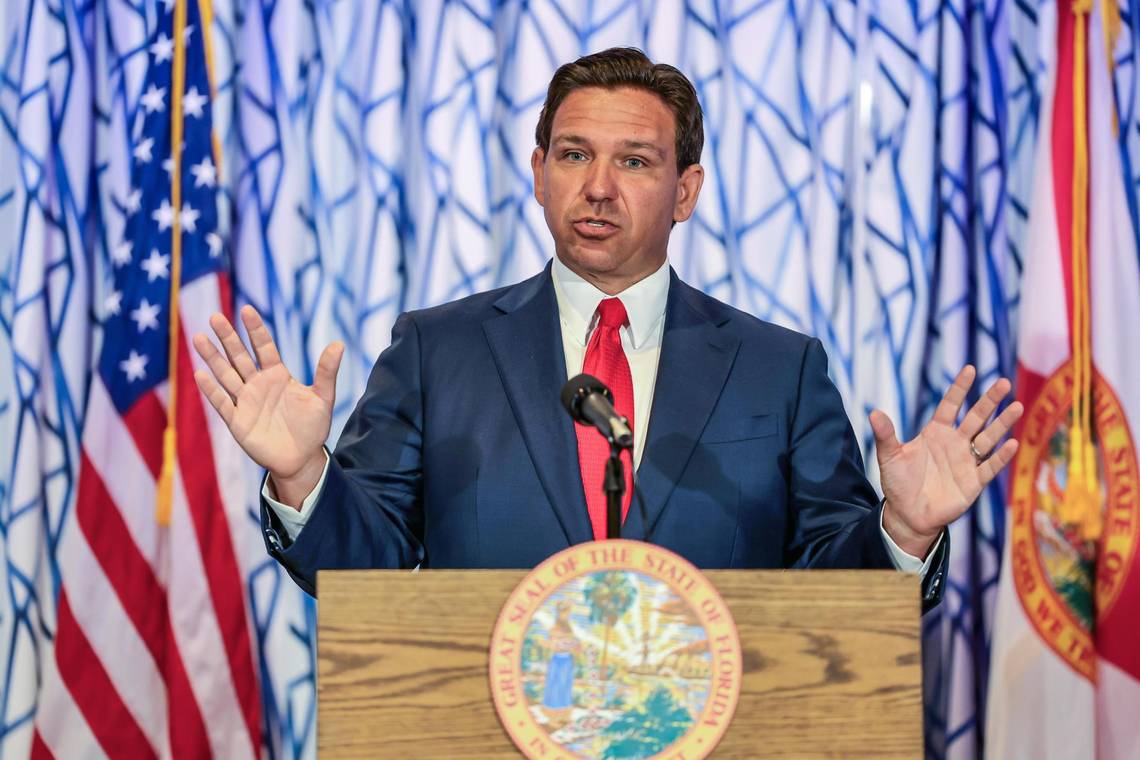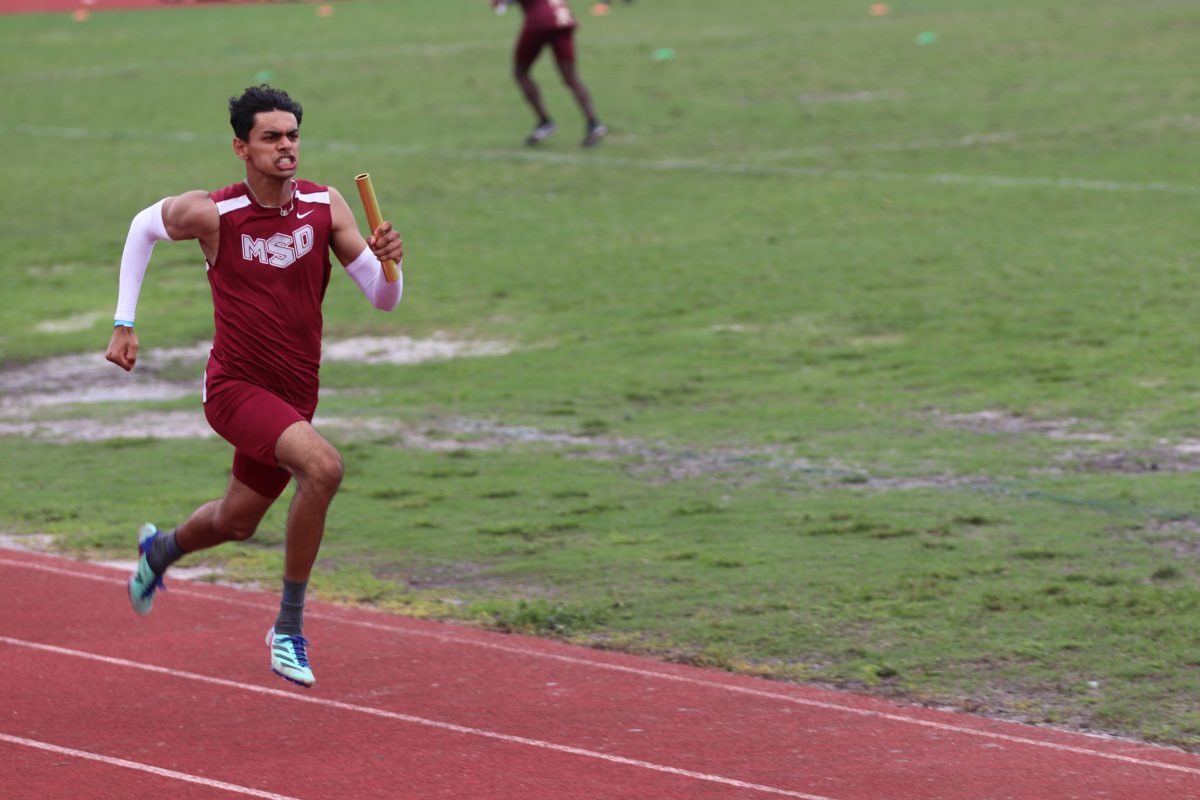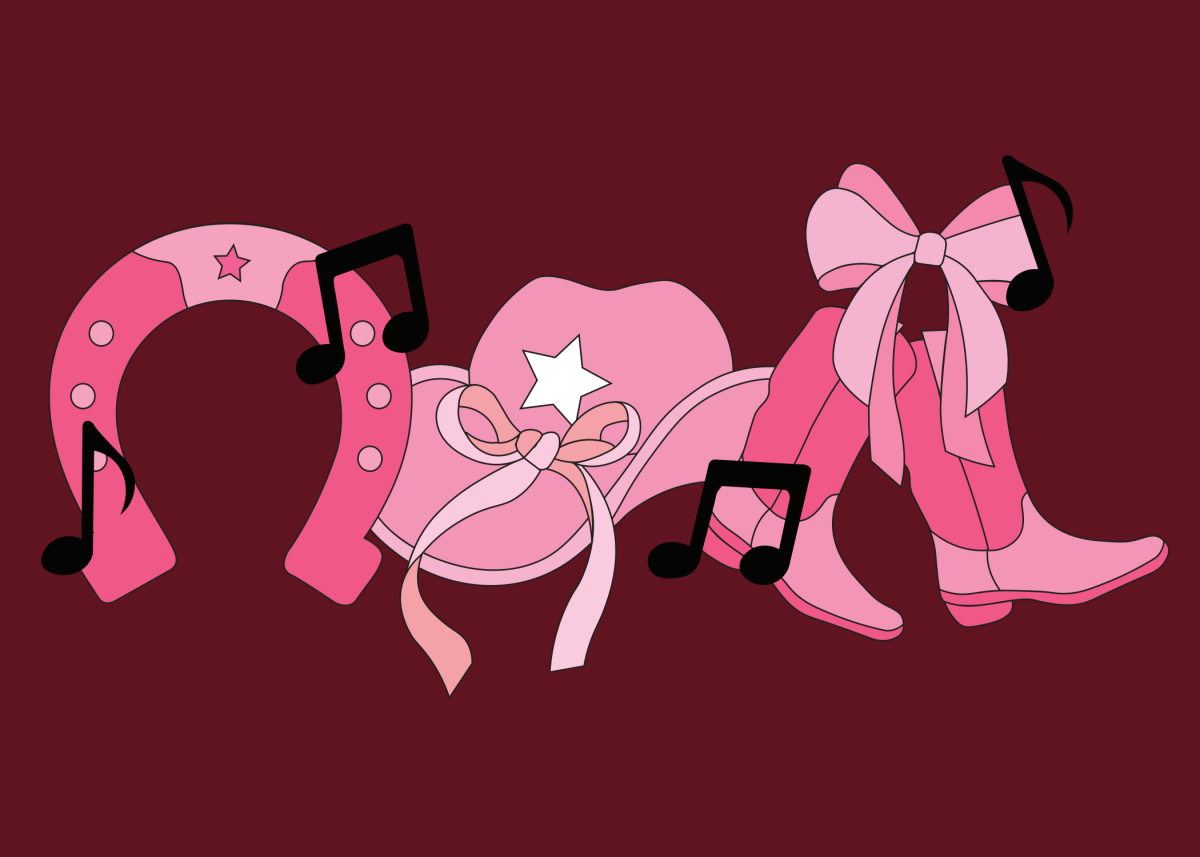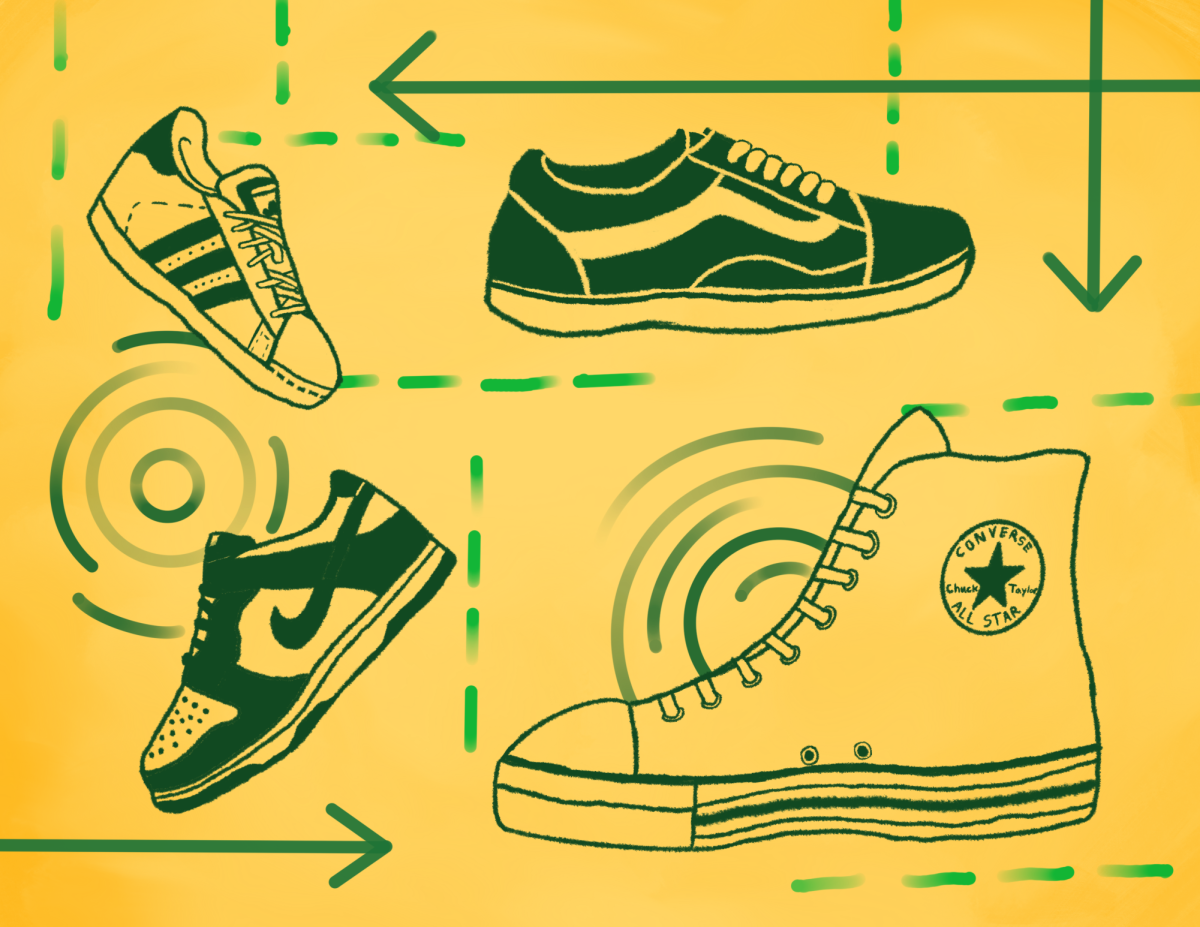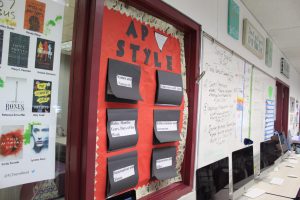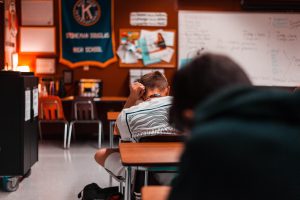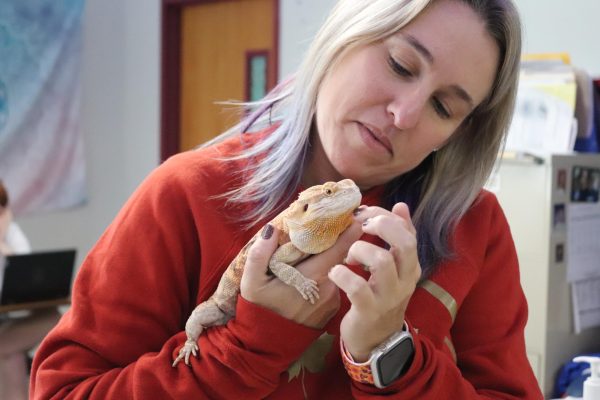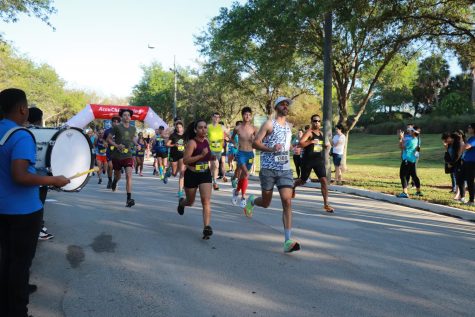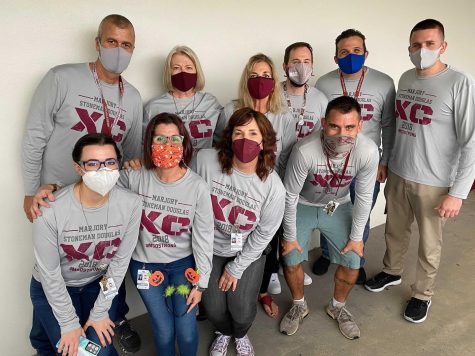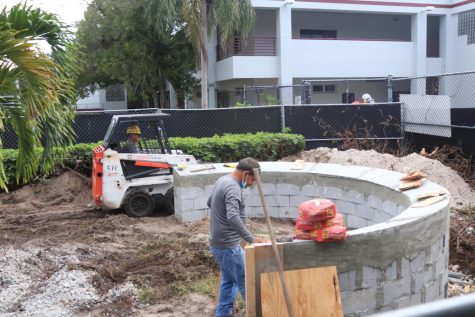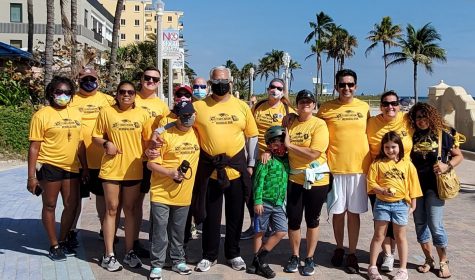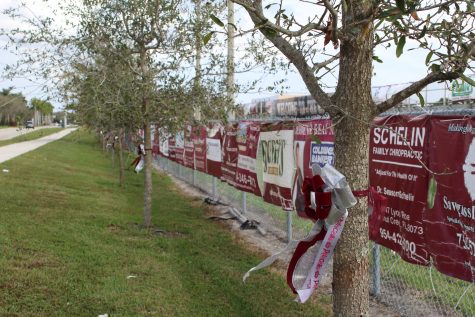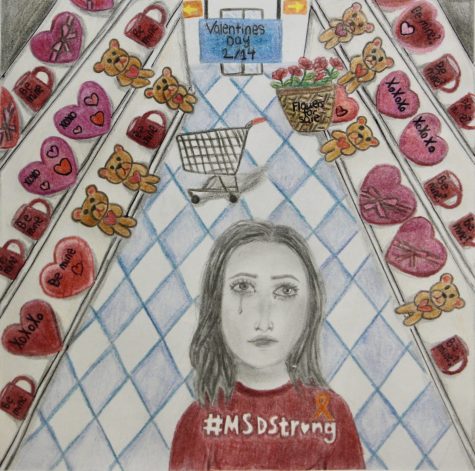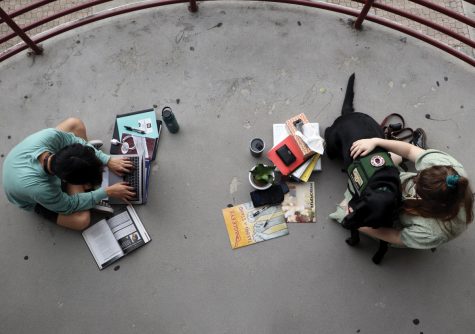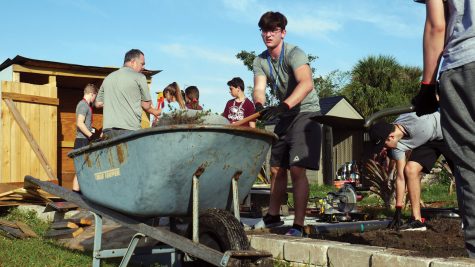MSD supports mental health with Mind-Body Club
MSD students face daily mental health struggles and learn ways to overcome them. Graphic by Darian Williams
January 29, 2019
AP World History teacher Diane Wolk-Rogers along with MSD parent and licensed mental health counselor Ellen Fox-Snider founded the Mind-Body Club in Fall of 2018. On Jan. 9, the first cohort graduated with 13 students.
The course is a six-week program, meeting every Wednesday
for an hour after school where students learn methods such as meditation, mindfulness, biofeedback, nutrition and the Autonomic Nervous System to better their mental health.
Once they have finished their training, the students are encouraged to share the skills they have learned with their family and friends. They are even capable of getting service hours from doing so.
“My experience with Mind-Body Club has been amazing,” sophomore Samantha Deitsch said. “I was able to learn multiple techniques to cope with stress and anxiety and through the training process actually became certified to teach these techniques to others, which makes it even more rewarding knowing I can help others through difficult situations”
Wolk-Rogers and Fox-Snider were both trained by the Center for Mind-Body Medicine, a nonprofit organization founded in 1991. The Center’s mission is “to make self-awareness, self-care and group support central to all healthcare; the training of health professionals; and the education of our children.” After the events of Feb. 14, they saw that many students, teachers and parents were showing signs of PTSD, anxiety and stress.
“Thanks to a generous grant from Chan Zuckerberg Initiative and partnership with the Broward County schools,” Work-Rogers said. “Dr. James Gordon, a professor of psychology from Harvard University, had created a trauma relief model and brought his team down to train some of the teachers and the parents on how to respond and create better self-care and help regulate the symptoms of post-traumatic stress in our community.”
The next round of students will begin their training on Jan. 30. Students who are interested can go to room 428 and speak with Wolk-Rogers for more information.


